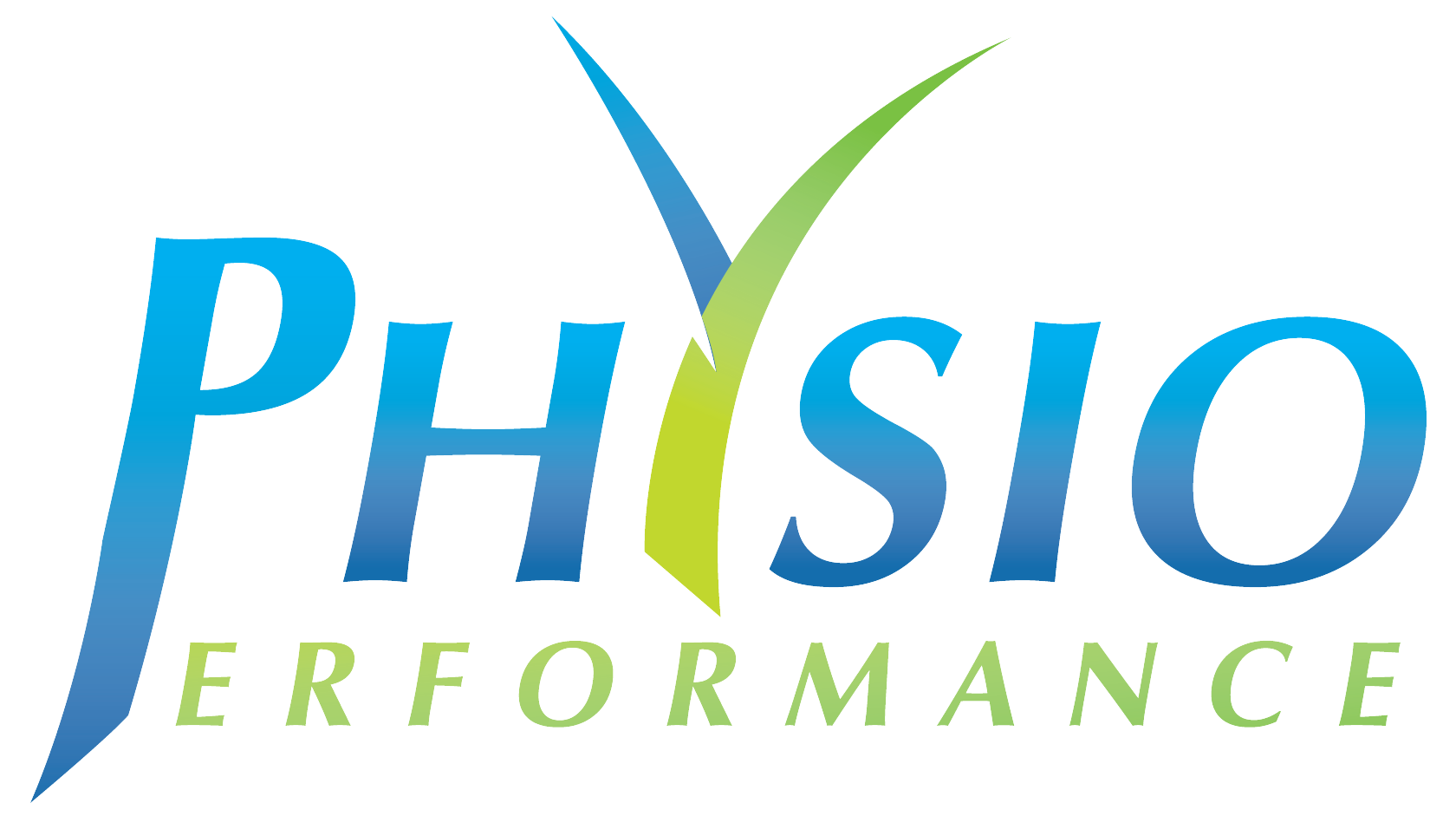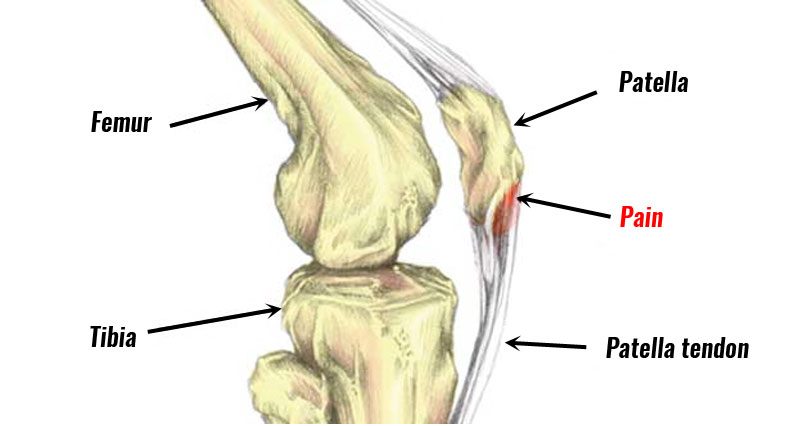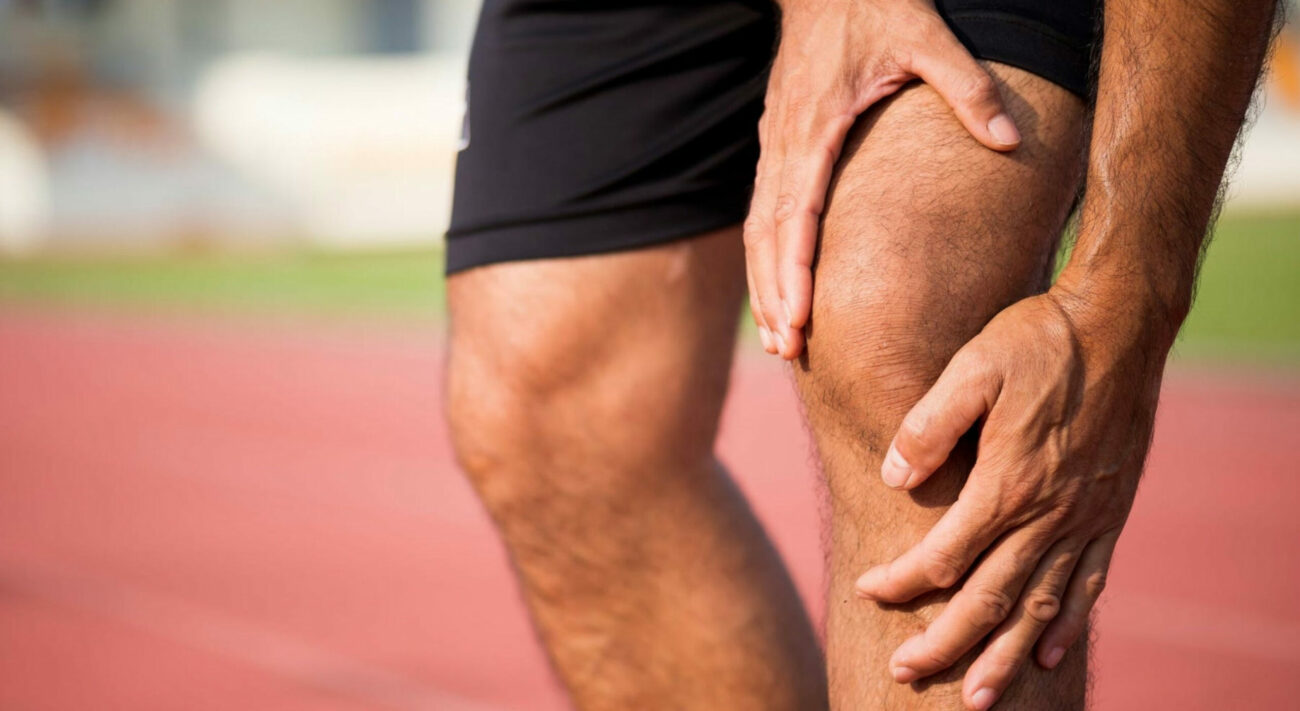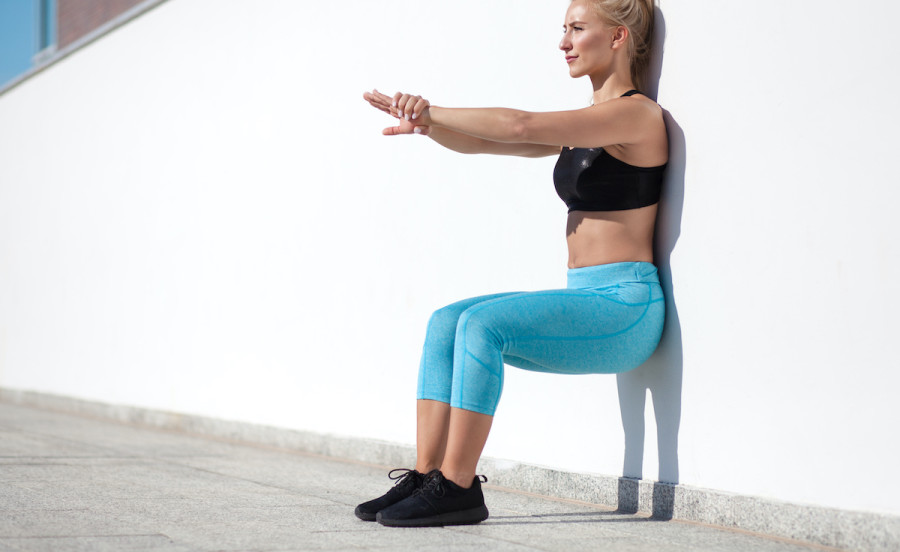Here at Physio Performance, we treat a lot of knee injuries on a daily basis. One source of knee pain we see most commonly is patellar tendinopathy.
Patellar tendinopathy is a common source of anterior knee pain in athletes, usually in sports that involve heavy loading of the patellar tendon. Heavy loading of the patellar tendon occurs mostly in sports that involve repeated bouts of jumping, thus leading to patellar tendinopathy also being described as jumper’s knee.
Patellar tendinopathy usually presents as a pain localized to the inferior pole of the patella, usually causing pain at the onset of exercise. Pain will increase based on the intensity of exercise and the load or compressive forces placed upon it. In more serious cases pain can be more constant and exercise not feasible due to pain levels.
Risk Factors
The main risk factor for patellar tendinopathy is load management. Usually patellar tendinopathy will present after a sudden spike in training load, for example going from running 10km per week over two sessions to running 30km per week over two sessions, without any gradual build up.
While this is the main predictor of patellar tendinopathy, other risk factors have been identified. The condition typically affects men, usually aged 15-30, who play high intensity jumping sports such as basketball, volleyball, football etc. All of which require repeated efforts of high intensity jumping. Body weight and BMI can also be risk factors for developing a patellar tendinopathy.
Treatment
The first step in treating patellar tendinopathy is to reduce the symptoms, which is predominantly pain. Isometrics will be almost constant throughout the process and have a large role to play in managing pain and increasing the tendons tolerance to exercise.
An example of an isometric would be a wall sit, in which the goal is to hold a squat position against an external force, usually gravity. Isometrics are extremely tolerable to even a highly irritable tendon as they provide a pain relieving effect and require no physical movement.
Once the symptoms in the tendon have begun to ease, it is time to begin strengthening the knee/hip musculature and continue to increase the tolerability of the tendon to exercise. Slow and controlled strength work is used in this stage and will usually start in a bodyweight capacity, steadily moving towards adding external load.
While the quadriceps are the main target, during this phase we have an opportunity to also increase strength in the entire lower limb, which will aid the patient upon return to more vigorous exercise.
The most intense form of tendon loading takes place during high effort exercise such as jumping, leaping and landing activities. These activities are known as energy storage and release actions. These activities were typically the most painful for the patient. It is important to follow a programmed progression for intense loading of the tendon so as to allow the structure to gradually adapt to increased stressors in a pain free manner.
Return to Sport/Exercise
Load management, as discussed previously as a cause of the condition, is essential once the patient can begin energy storage and release movements. Progressing too quickly will lead to an increase in pain and may result in moving back towards isometrics and strength exercises.
This also applies when the patient begins to return to sport/exercise. A gradual progression and small increases in intensity are the key to a successful rehab process. A full rehabilitation of patellar tendinopathy can range from 6-12+ weeks depending on the initial severity of the condition.
The Physio Performance Way:
We are the specialists here in the Drogheda area dealing with Patellar Tendinopathy.
We can guide you right through the whole journey: From the initial diagnosis to a full recovery.
A rehabilitation program will be customised for you to help you regain the motion in your knee and help you build a more confident and stronger knee.
Next step:
Want to get in touch with our team?
Looking for some advice?
We’d love to Help!
You can contact us on 041-9877059 or at info@physioperformance.ie. You can also book an appointment online with us HERE.




